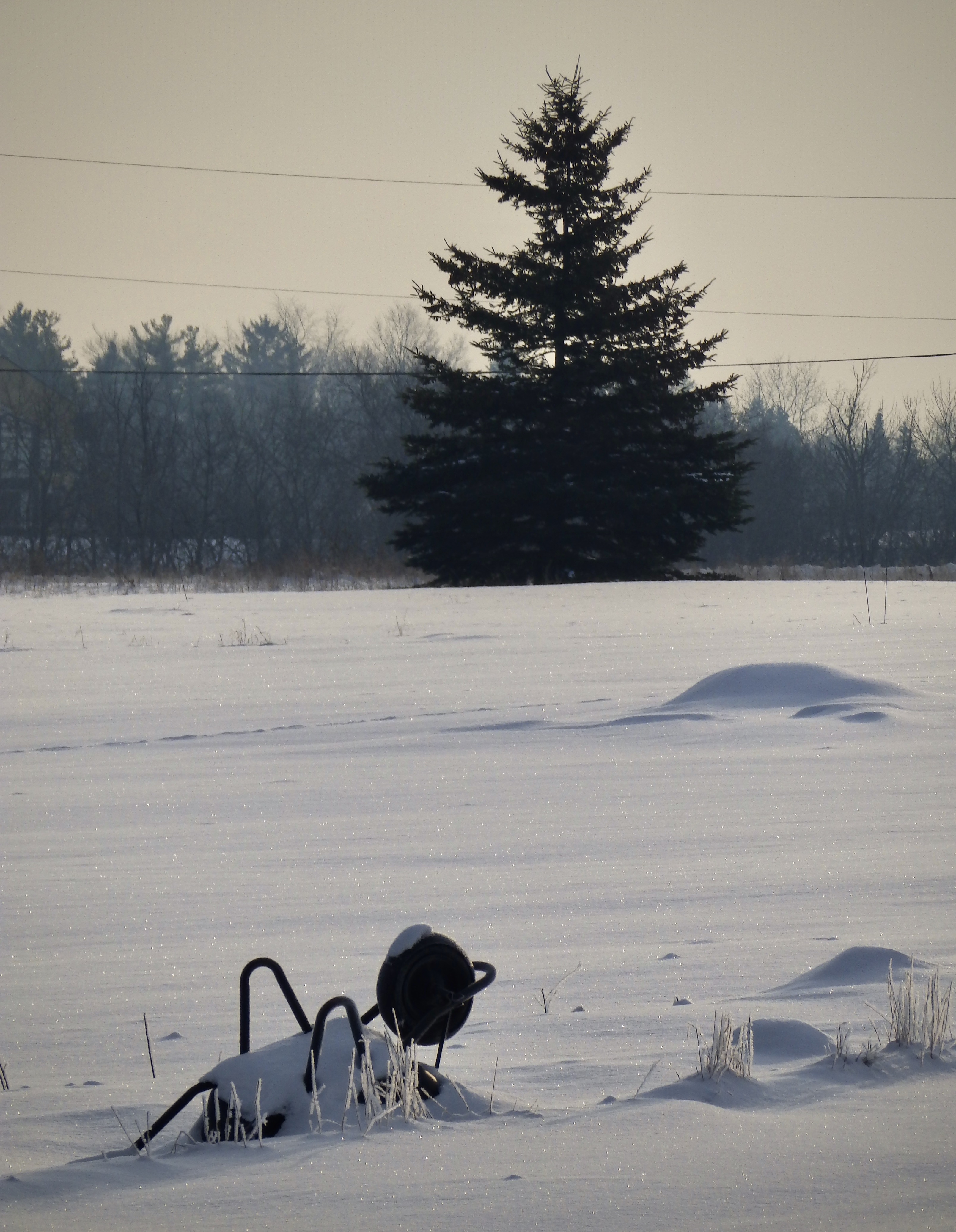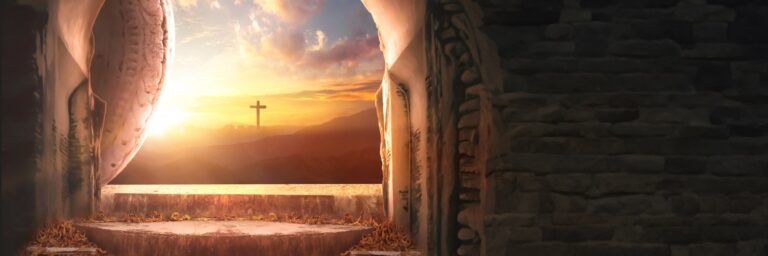
COVID-LENT (PART II)
Perhaps you remember old Aesop’s fable about the boy and the nettle. If not, here goes: one day a lad comes running home with eyes full of tears and a hand full of invisible pins and needles. “Mommy,” he sobs, “I only touched that wicked nettle very gently but it stung me like a swarm of bees!” “That’s the trouble, son,” says the mother soothingly, “nettles only bite if you are timid and soft with them. But grab them boldly with force and they don’t sting at all.” The moral being that whatever we do, we should throw our full selves into it with conviction and strength.
With this fable in mind, I’ve thrown myself into Lent with the potentially stinging book of Ecclesiastes. If you churchgoers aren’t all that familiar with this short, punchy piece of the Bible, you need not blame yourselves. It makes an appearance only once every three years in our Sunday Mass readings. And perhaps for good reason. It can be difficult to harmonize the Good News of the Gospels with dour declarations such as this: “I thought the dead, who have already died, more fortunate than the living, who are still alive; but better than both is the one who has not yet been born (Eccl 4:2-3).” Not exactly words that inspire heaps of faith, hope and love.
The author comes to this cold conclusion by looking hard at his experience of the futility and monotony of daily existence. “I considered all that my hands had done and the toil I had spent in doing it, and again, all was vanity and a chasing after wind, and there was nothing to be gained under the sun (Eccl 2:11).” A modern reader of Ecclesiastes could easily think that its poor author had just spent the last year working-from-home in pandemic lockdown.
Indeed, there is no other book in the Bible more descriptive of painful pandemic reality than Ecclesiastes. That’s why it is my prime reading material for Covid-Lent part II. I want to confront this reality boldly with gloves off, and by doing so avoid its sting.
The deprivation and somber sobriety we associate with Lent has been shadowing us since before last Easter. For many people, this prolongation of abstinence (from friends, family, work, school, fun, etc.) has made the promise of resurrection seem Perseverance-Rover far away. A strong temptation can beset us to exalt vaccines as our new Messiah. While it certainly is legitimate to pine for days of relaxed restrictions and reduced viral stress, it is dangerous to live in expectation of some perpetual happiness with the return of a mythical “normal.” We can’t be sure that it’s really going to get significantly better. That’s why we need to listen to Ecclesiastes. Not just because he paints a realistic, unflinching picture of a troubled world, but also because he knows how to live in it positively.
“This is what I have seen to be good: it is fitting to eat and drink and find enjoyment in all the toil with which one toils under the sun the few days of life that God gives us (Eccl 5:18).” Maybe a strange prescription for Lent, but quite fitting for Covid-Lent. This is not license for drunkenness, frivolity and gluttony. On the contrary, it is an invitation to pay close attention to and savour the simple, little gifts of our daily bread and other humble consolations. It is a call to contemplative gratitude for the small kindnesses of God.
Gratitude, quiet attention and enjoyment seem to me to be perfect preparations for the new life promised us by Easter, a life the colour and shape of which we cannot foresee, much less control. However, whatever else it will be, it must necessarily be wakeful, grateful and joyful, otherwise it would not merit to be called life. So let’s start here and now, acknowledging reality clearly and with courage, then taking the time and effort to enjoy responsibly and generously what parts of it we can.
Greg Kennedy SJ is a Jesuit priest working as a spiritual director at the Ignatius Jesuit Centre in Guelph, Ontario. His prayer often takes the form of poetry. Care of creation is central to his vocation. His recent publications include Reupholstered Psalms: Ancient Songs Sung New and Amazing Friendships Between Animals and Saints. Greg Kennedy is facilitating an online retreat on the Book of Ecclesiastes during the first weekend of March through Loyola House, Guelph. For more information click here.



